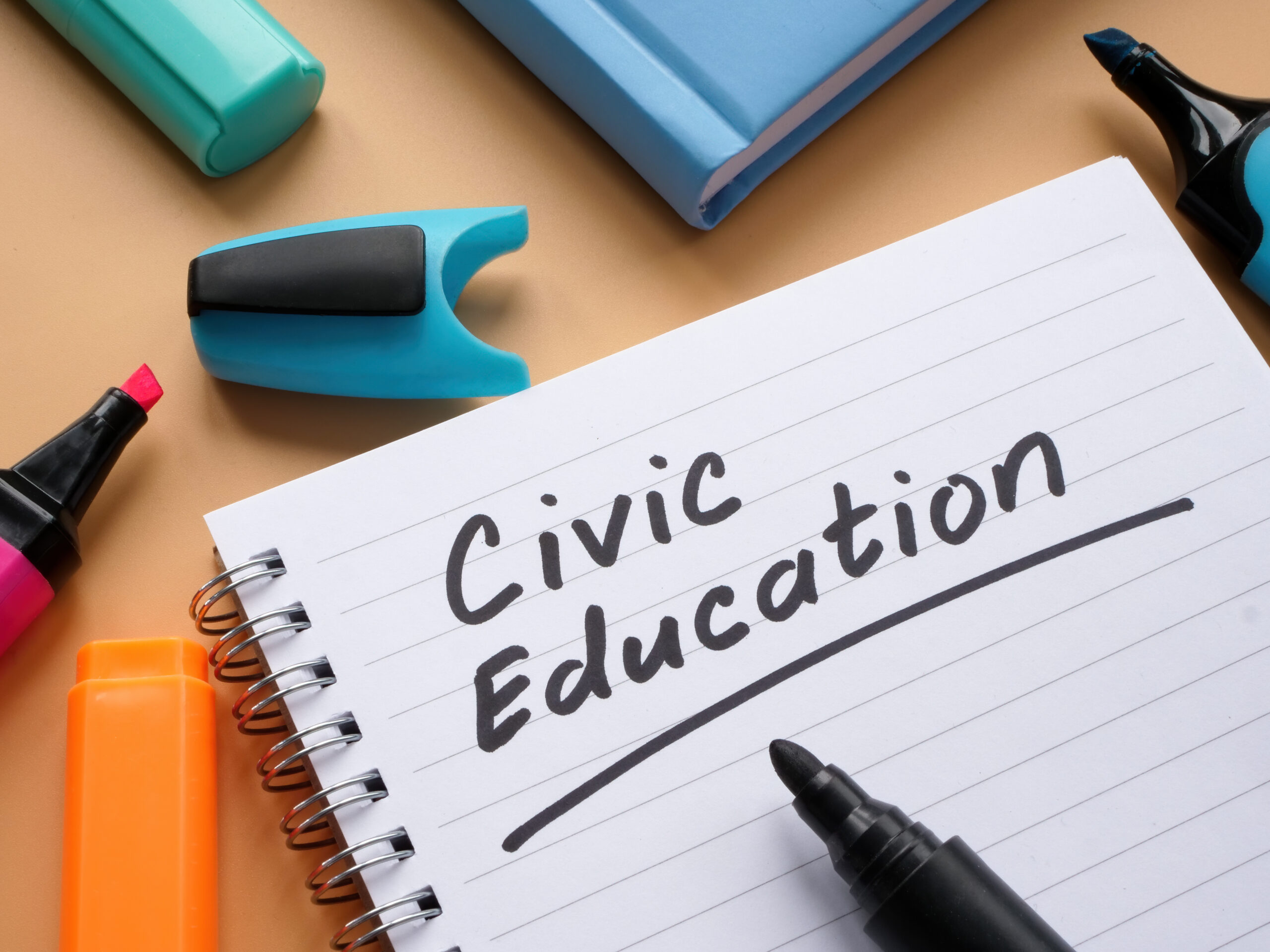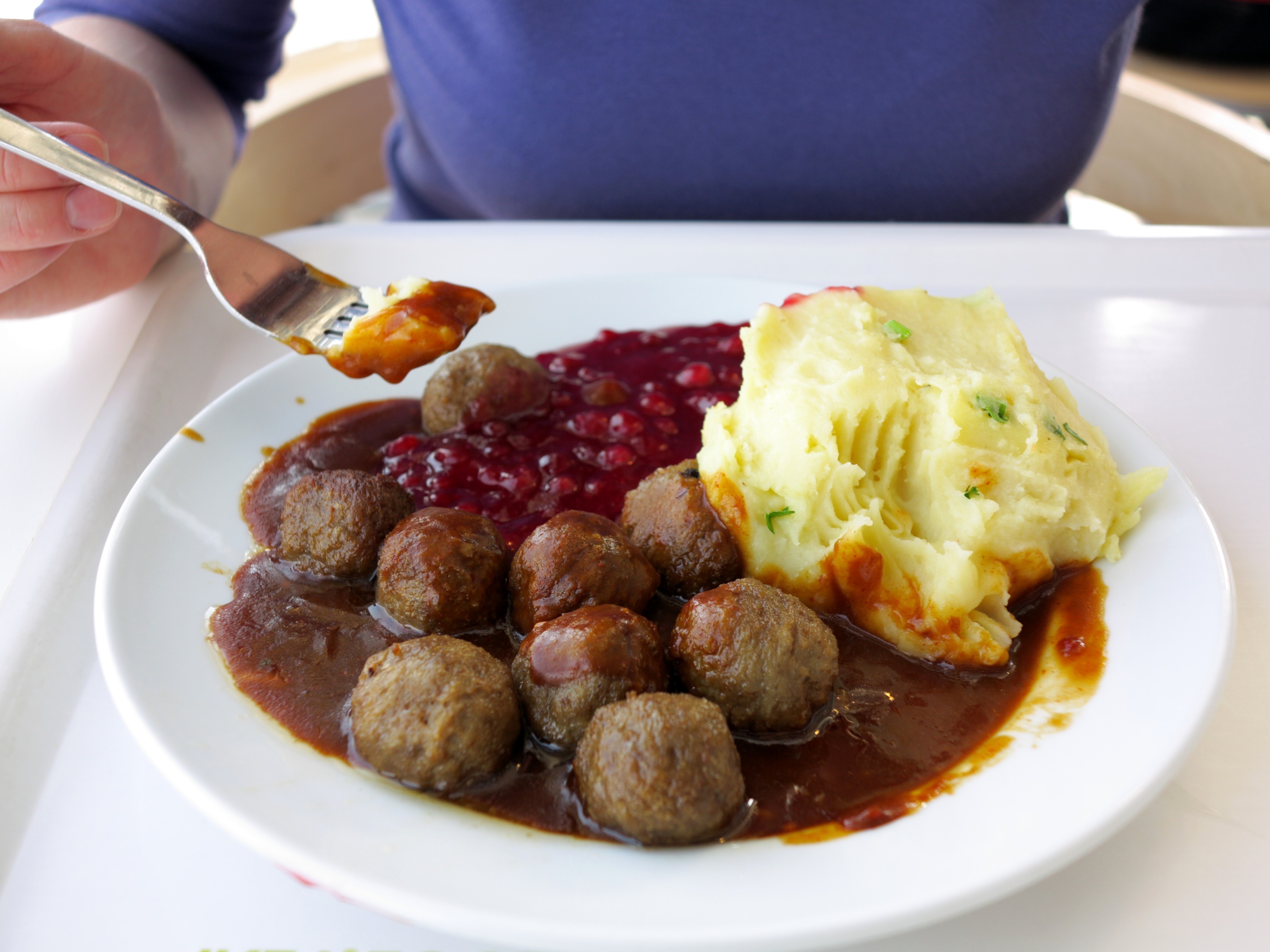Denmark seeks to make itself seem less desirable to migrants. Because of this they have a strict immigration policy. They also strive to create incentives for migrants already in Denmark to work. These goals are achieved through polocies. Lowering social benefits for migrants, enforcing strict language requirements to enter Denmark, continuous improvement of danish skills to help migrant workers join the danish workforce, and shorter deadlines for asylum seekers to stay in the country. This is caused by their center-right government of 2015-2016 which implemented a total of 47 policies regarding migrants.
What I took away most from our speaker was that he suggested that we all go out of our comfort zone in life because it can lead to many wonderful experiences. I think an assumption I had about refugees was that they were miserable because they had to leave their home country. I think this opened my eyes because although of course he did not want to leave Afghanistan and was sad to have to leave, he talked all about the many wonderful experiences he has had in other countries and how he has enjoyed getting to learn about all of those different cultures. I have always wanted to travel the world and in college that desire has only grown. However, I have always felt discouraged because of the money and time you need to do so, as well as the fact it takes a lot of mental and physical energy to travel. Hearing from him really inspired me to do it even though it is hard and to really get out of my comfort zone like he said. Thinking back over my life I think that the best and most memorable things I have done have been when I stepped out of my comfort zone. I think that sometimes life forces us to do things we are uncomfortable with, and even though they are really hard, there are still silver linings.
I also found it so interesting to learn about how different “asylum seekers” are treated in the US vs. Refugees that are not asylum seekers. I never knew how much more difficult it is to start a life here if you are not under the asylum seeker label, I guess I assumed all refugees were offered the same resources. It was interesting to learn this is not the case.
Sources:
“Could the Current Strict Danish Migration Policy Serve as an Example for the EU, or Does It Undermine a Common EU Migration Approach?” European Futures, 19 Jan. 2022, www.europeanfutures.ed.ac.uk/could-the-current-strict-danish-migration-policy-serve-as-an-example-for-the-eu-or-does-it-undermine-a-common-eu-migration-approach/#:~:text=Denmark%2C%20a%20relatively%20homogeneous%20country,already%20in%20Denmark%20to%20work.
 For our research project, we are researching how civic education is set up in Scandinavian countries. This includes Sweden, Norway, and Denmark. Civics is the study and understanding of governments, from their processes to their building blocks. It is also the study of how citizens should engage with their government to ensure they are being heard and respected.
For our research project, we are researching how civic education is set up in Scandinavian countries. This includes Sweden, Norway, and Denmark. Civics is the study and understanding of governments, from their processes to their building blocks. It is also the study of how citizens should engage with their government to ensure they are being heard and respected. Food consumption and security is a huge issue across the globe. Many countries have too much food, and many have too little. In all there are 1 billion people who are malnourished and underfed, and 1 billion who are overfed, as I have learned in my Intro to Global Issues class. There are multiple reasons for this, like access to trade, and access to calories versus nutrients. I personally have been incredibly lucky to have warm meals every day for the extent of my life, I have never experienced hunger or the sense of being malnourished. I have the privilege of options, I can choose what types of food I get to consume, and when to consume them.
Food consumption and security is a huge issue across the globe. Many countries have too much food, and many have too little. In all there are 1 billion people who are malnourished and underfed, and 1 billion who are overfed, as I have learned in my Intro to Global Issues class. There are multiple reasons for this, like access to trade, and access to calories versus nutrients. I personally have been incredibly lucky to have warm meals every day for the extent of my life, I have never experienced hunger or the sense of being malnourished. I have the privilege of options, I can choose what types of food I get to consume, and when to consume them.